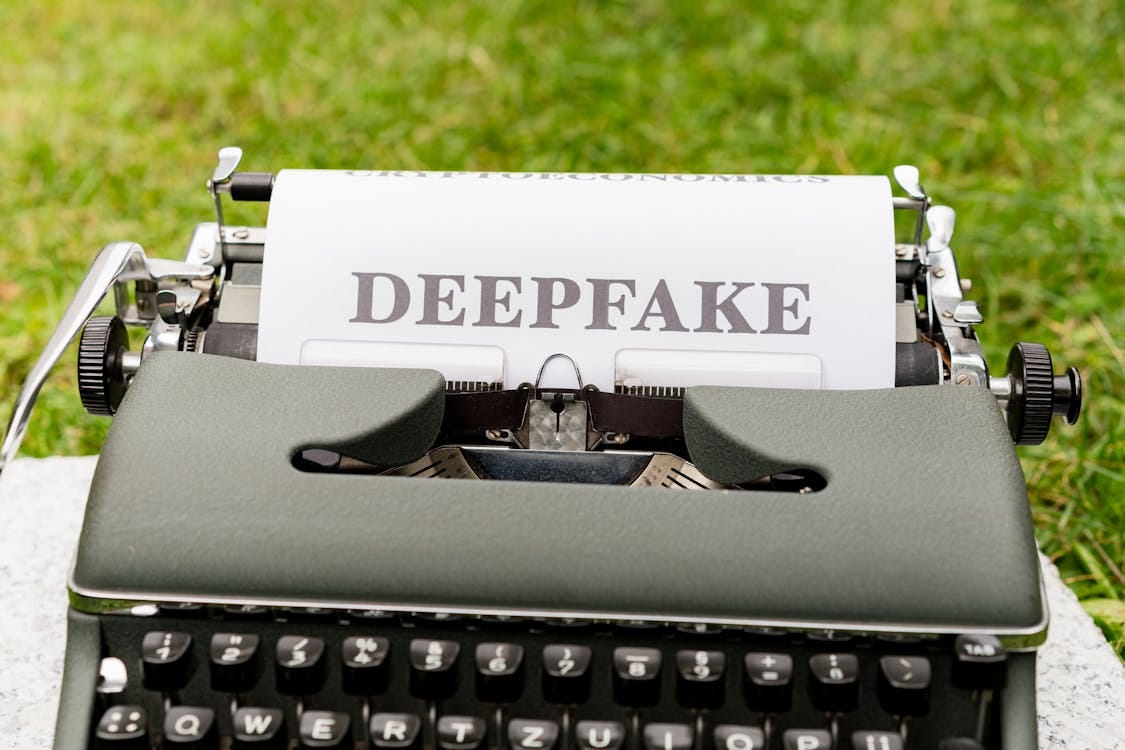
I first became interested in the cost of being a public figure when I read Corruptible by
a few years ago.Klaas argues that perverse systems in society cause us to end up with leaders who exhibit a dark triad of characteristics — narcissism, Machiavellianism, and psychopathy.
A very concrete, and current, example of these systems is the ability for AI to generate deepfakes. It’s now clear that:
Minimal voice and face recordings are needed to create convincing deepfakes
The more recordings you allow, the higher the deepfake quality will be
AI tools to create deepfakes are already in the hands of bad actors
This means that every day AI deepfake technology improves and proliferates, so will the cost to being a public figure. Every new voice and face recording you allow will open you up to increasing risk of deepfakes to misrepresent, humiliate, threaten, or undermine you.
That’s one hell of a cost — and if internet trolls are anything to go by, it’ll be higher for women, LGBTQ+ people, ethnic minorities and other groups that are frequently targeted. It’ll also be higher simply for people who don’t have thick skins.
On the other hand, the kinds of people Klaas talks about — narcissist Macchiavellian psychopaths — won’t be that bothered by these costs. Just another day in the life. Their thick skins come hardwired.
Given this is the case, we urgently need government and philanthropic intervention not just to regulate against deepfakes, but to help people into public figurehood who are put off by the increasing costs.
Those people will self-censor. We won’t even know they didn’t make it to the public sphere because they’ll have looked ahead to their deepfake-filled future and said ‘Hmm, thanks but no thanks’, opting out before we know they exist. We need to create incentives so that opting in is more appealing, less terrifying.
And to clarify, this is not just about who decides to become a politician. The threat of deepfakes will skew who gets far in any field where it’s useful to exist in public. That’s a lot of fields: being a successful journalist, making it as an influencer, becoming a startup founder, being CEO of a big business.
You’ve always needed a thick skin to be a public figure. But now we’re talking about needing tank-grade ultra-hardened steel skin.
Side note: what do deepfakes mean for those of us who don’t want to be public figures?
Unfortunately, we’re not off the hook. At minimum, we’re at risk of fraud, identity theft, blackmail and plenty of other nasty surprises. What this means is that we should think twice before ever, and I mean ever, allowing any public recording of our voice or face to exist. That includes static images of our faces, since enough of these will do the trick just fine for deepfakes.
Doing that is extremely hard. These days you can seem rude or weird if you opt out of a picture or video that you won’t be able to control the distribution of (“Sorry, please stop filming me for your fun Instagram Reel”). And maybe it’s fine to let it go a couple of times. But it’s important to be aware that every time you allow a recording of your voice or face, you’re making a choice that increases your risk of deepfakes.
And now that I’m really enjoying getting into the swing of doom-mongering, I’ll say that we should extend caution even to private recordings of us — be careful who you share them with.
Basically, unless you fill up a backpack with tuna cans and go live in a log cabin in Alaska, you’re screwed. Thank you and have a great week!



